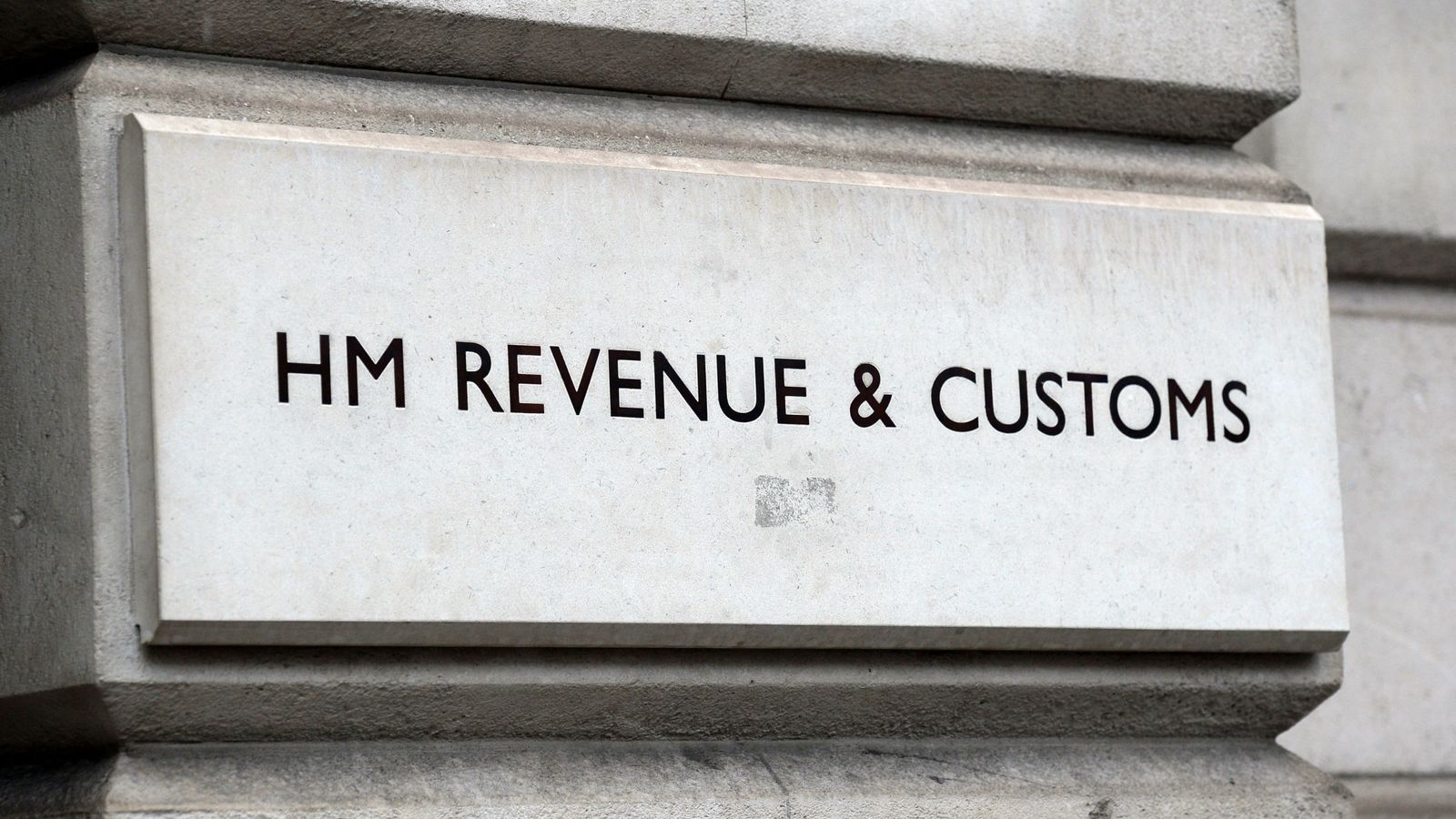Customs officials have seized three non-fungible tokens (NFTS) in what is believed to be the first law enforcement action in the UK involving the digital asset.
HM Revenue and Customs (HMRC) announced that three people had been arrested on suspicion of a £1.4m VAT repayment fraud involving 250 fake companies.
The agency’s Nick Sharp said the seizure “serves as a warning to anyone who thinks they can use crypto assets to hide money from HMRC”.
What is a non-fungible token – and why are some digital artworks selling for millions?
The three people who were arrested on suspicion of fraud have not been named.
According to HMRC the suspects were using sophisticated methods to anonymise themselves from the authorities, including stolen identities and pre-paid mobile phones.
What are NFTs?
Dinosaur remains found inside 95-million-year-old skeleton of newly discovered crocodile in Australia
Zoo battles to save dozens of species from extinction by cryogenically freezing genetic samples
Kids smashing figurines and fighting zombies on the TV – VR headset insurance claims rocket
NFTs – which have surged in popularity over the last year – are a token of ownership attached to a blockchain.
They are essentially certificates similar to cryptocurrency coins and stored on the same blockchain ledgers.
However, where those coins are fungible – being broken down into 0.001 of a coin for instance – the certificate token is non-fungible.
Their proponents claim they are a unique asset class while critics say the token is fundamentally valueless.
Last year payments company Visa paid $150,000 (£110,000) for a ‘CryptoPunk’ NFT as part of what the company called “a new chapter for digital commerce”.
A recent report found that more than $44bn (£32bn) worth of cryptocurrency was sent to NFT-related smart contracts last year, up from just $106m (£78m) in 2020.
The report warned that fraudsters were making millions by artificially inflating the value of their token through a process known as wash trading.
Although HMRC has not physically taken control of the digital assets, which are stored on the blockchain, it has secured a court order to prevent the digital artworks being sold onwards.
Cryptocurrency assets seized by law enforcement in the UK have previously been auctioned off by Wilsons Auctions.






















